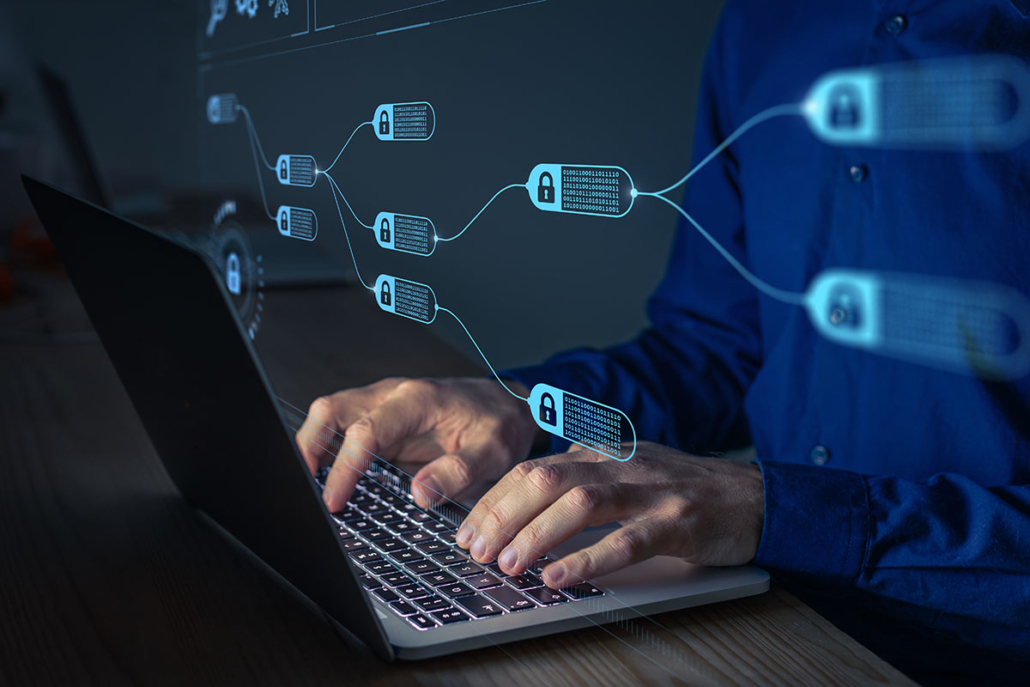Sorry Wrong Number, Let’s Be Friends

Criminals have one job to focus on, while the rest of us have our own jobs to worry about AND be ever vigilant against crime. Cybercriminals don’t just hack your computers and take your money without you knowing about it, sometimes you willingly give it to them… just for the wrong reasons. This next story is significant because it happened to people I know. And although it doesn’t involve traditional cybercrime, it involves technology and the abuse of trust.
A person I know (a male) got a call one day from an asian sounding woman. She asked for a person and he told her she had the wrong number. I guess that day he was feeling extra lonely or bored and for some reason instead of hanging up the phone immediately the woman managed to strike up a conversation. And the game began.
Like any good criminal, the attack doesn’t happen right away. She spent time with her victim, weeks in fact. She told him she was originally from Japan and that she was living in LA. After a couple weeks of back and forth, the topic of investing came up, and she told him about what she and her uncle were doing; buying and selling crypto currencies.
She casually asked him if he had any money to invest, she would be willing to show him how to do what they were doing, he said he had about a thousand dollars. She got him to set up a legitimate account with crypto.com and then had him set up an account with a fake version of the legitimate CME Group app. For someone that has no experience in crypto you wouldn’t think twice about using a link sent to you by someone you’ve been talking to for weeks… always download your apps from an app store or trusted site.
Once he set up the account and transferred the crypto, the game shifted into high gear. The plan was simple, every Friday they would get on the phone and make 3 trades. The trades would be quick and the profits would be somewhere in the neighborhood of 20 to 30%. Keep in mind, throughout the week, they continued to talk. After a couple months, his account was looking pretty amazing, enough so that another person we know decided to join in. The second person put in an initial investment of two thousand dollars. And just like clockwork, his monies seem to grow exponentially every week.
I caught wind of this after they had been doing this for about 4 months. I had my suspicions and so I decided to join the game… but only far enough in to expose what was really happening. The first guy asked if I could join and she said as long as I was trusted. She then contacted me directly… through WhatsApp.
WhatsApp is an online way to communicate with people, often used by people not within your own country. This of course was a red flag since she had said she was in LA. She asked me how much I had to use, and I told her two to five thousand… she of course suggested the five thousand. I had an existing account with crypto so I sent her a screenshot of my account (making sure there wasn’t any revealing information). She then sent me a suspicious link to CME Group… I asked her why I couldn’t use the app store to download the app, and she said I had to use this link. I dragged my feet on transferring funds and made excuses as to why it was taking me so long. But then she made a hurried mistake exposing herself to everyone.
In the last rounds of trading she offered the guys some additional money to help boost their returns, they of course said sure. After the trading and the impressive returns however, she requested they pay her back… but instead of using the monies from the account, she told them they needed to send her a wire in US dollars for the amounts she fronted them… 37K each.
At this point I had no reason to continue pretending I was going to send her any money and they were no longer under the spell of fast money. She attempted to regain control of the situation but no one was obviously having it. In total she made away with three thousand dollars… but it was a game she played for over 5 months. Not a great return, even as a criminal. It could be assumed she was running this scam on other people so perhaps she won on volume.
Before you go down any questionable paths, click on any suspicious links, answer any phone calls from people looking for someone else, step back and think of this tale. Better yet, give us a call and we’ll help you and your office navigate the ever changing landscape of the cybercriminal. Always put people first, before technology. Don’t ever be afraid, shy or timid to reach out for help, especially if there’s any doubt whatsoever. Betterchips is here to help and save your time and money and to prevent scams like these.




















